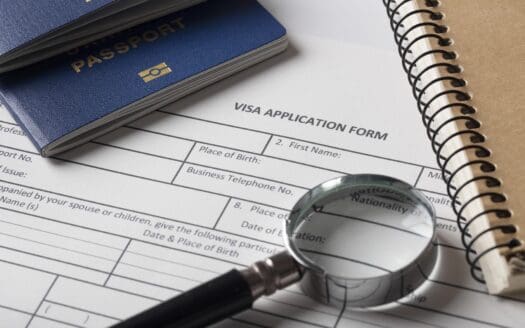Purchase a Off-Plan Property in Thailand
Purchasing an off-plan property in Thailand involves several steps, including selecting the right developer, understanding the legal framework, and making financial arrangements. Here’s a detailed guide to help you through the process:
1. Initial Research and Property Selection
- Identify Your Requirements: Determine the type, size, and location of the property you are interested in.
- Research Developers: Investigate the reputation and track record of developers. Look at their past projects, quality of construction, and delivery timelines.
- Project Details: Obtain detailed information about the project, including floor plans, amenities, completion date, and pricing.
2. Legal and Financial Preparation
- Hire a Lawyer: Engage a reputable lawyer to handle the legal aspects of the purchase. Your lawyer will review contracts and ensure all documents are in order.
- Financing: Arrange your financing, whether through savings, a mortgage, or other means. Note that securing a mortgage as a foreigner can be challenging in Thailand.
3. Reservation Agreement
- Reservation Fee: Pay a reservation fee to secure the unit you are interested in. This fee is usually non-refundable but will be deducted from the final purchase price.
- Preliminary Agreement: Sign a preliminary agreement or reservation form, which outlines basic terms and conditions, including the price, unit details, and reservation period.
4. Sales and Purchase Agreement (SPA)
- Drafting the Agreement: Your lawyer will review and negotiate the terms of the Sales and Purchase Agreement (SPA) with the developer.
- Signing the Agreement: Both parties sign the SPA, and the buyer usually pays a deposit (often 10-20% of the purchase price). The SPA should detail the payment schedule, construction milestones, and penalties for delays.
5. Payment Schedule
- Installments: Pay the agreed installments according to the payment schedule outlined in the SPA. Payments are usually tied to construction milestones (e.g., foundation completion, structure completion, etc.).
6. Monitoring Construction Progress
- Regular Updates: Stay informed about the construction progress through regular updates from the developer. Visit the site if possible to ensure the work is progressing as planned.
- Third-Party Inspection: Consider hiring a third-party inspector to verify that construction quality and progress meet the agreed standards.
7. Final Payment and Pre-Handover Inspection
- Final Payment: Pay the final installment upon completion of the construction and before the handover.
- Pre-Handover Inspection: Conduct a thorough inspection of the property to ensure it meets all specifications and quality standards. List any defects or issues that need to be addressed before taking possession.
8. Handover and Transfer of Ownership
- Handover: Once the property is ready and all payments are made, the developer will hand over the keys and possession of the unit.
- Ownership Transfer: Transfer the ownership at the Land Office. Both the buyer and the developer (or their representatives) must be present. Pay the applicable transfer fees and taxes.
9. Registration and Maintenance
- Registration: Register your name as the owner with the condominium’s juristic person (for condos) or relevant local authorities (for other types of property).
- Maintenance Fees: Be aware of ongoing maintenance fees for the building’s upkeep and ensure they are paid regularly.
10. Post-Purchase Considerations
- Utilities and Services: Arrange for the setup of utilities and services (electricity, water, internet, etc.) in your name.
- Property Insurance: Consider getting property insurance for additional protection.
- Furnishing and Decoration: Plan for furnishing and decorating the unit to make it ready for occupancy.
Key Documents
- Passport (for foreign buyers)
- Sales and Purchase Agreement (SPA)
- Payment Receipts
- Title Deed (Chanote) upon completion
- Identification and House Registration (for Thai nationals)
Tips
- Reputable Developer: Always choose a reputable developer with a proven track record to minimize risks associated with off-plan purchases.
- Legal Review: Ensure all contracts and agreements are thoroughly reviewed by a qualified lawyer to protect your interests.
- Financial Planning: Plan your finances carefully to ensure you can meet all payment obligations according to the schedule.





